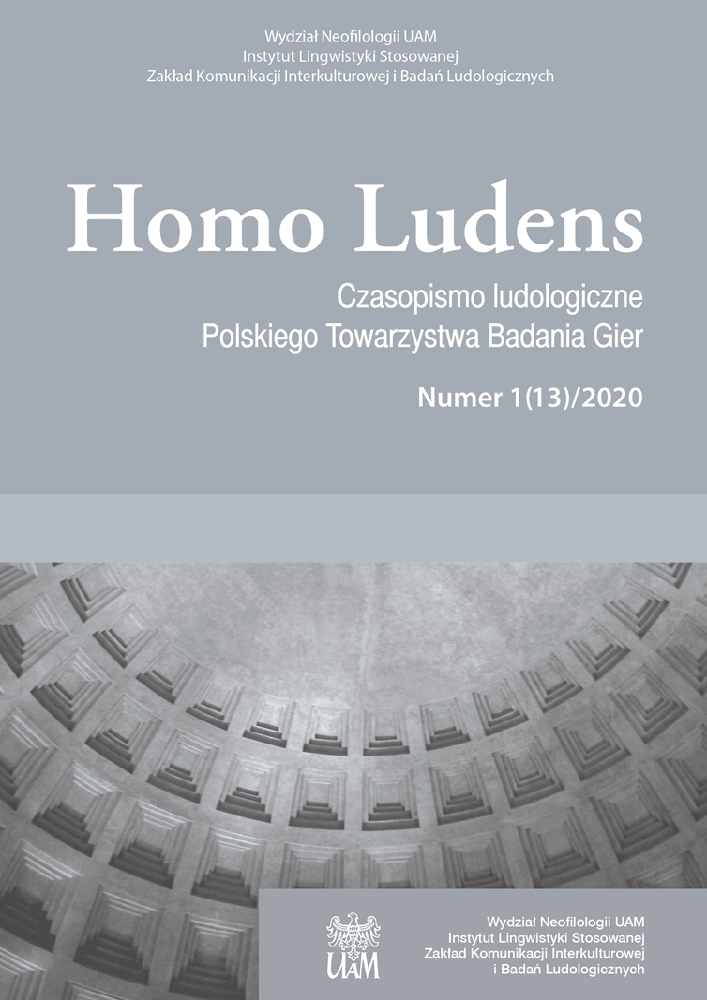Abstrakt
W artykule przedstawiono pięcioletni proces wprowadzania swobodnej zabawy w placówkach znajdujących się na terenie Klubu Sportowego Gedania 1922 – Przedszkola Gedania 1922 i alternatywnej szkoły CreoGedania, z siedzibą w Gdańsku (Polska). Zwrócono również uwagę na obecność zabawy w polskich szkołach i konieczność prowadzenia zmian w edukacji, które miałyby na celu zwiększenie dostępu dzieci do swobodnej zabawy w szkołach oraz stawianie większego nacisku na kompetencje miękkie. Kompetencje te również mogłyby być budowane w trakcie swobodnej zabawy.
Bibliografia
Baines, E., Blatchford, P. (2011). Children’s Games and Playground Activities in School and their Role in Development. In A. Pelligrini (ed.), The Oxford Handbook of the Development of Play. Oxford: Oxford University Press.
Burton, L., Conibere, K., Russel, W., Suhajda, V., Vastag, Z. (2019). Children’s Access to Play in Schools: A Handbook for Schools. Cheltenham: University of Gloucestershire.
Hofman, A. (26 July 2018). New model of preschool education. Online: <http://etsn.eu/wp-content/uploads/2018/07/new-model-of-preschool-education_Gedania-1922-Kindergarten.pdf>. Date of access: 10 September 2019.
Hyndman, B.P., Benson, A.C., Ullah, S. (2014). Evaluating the Effects of the Lunchtime Enjoyment Activity and Play (LEAP) School Playground Intervention on Children’s Quality of Life, Enjoyment and Participation in Physical Activity. BMC Public Health.
Lester, S., Russell, W. (2008). Play for a Change. Play Policy & Practice: A Review of Contemporary Perspectives. National Children’s Bureau.
Maciaszek, K. (2019). Chapter 2: Play in Schools, subsection 2.4: Poland, in Burton, L., Conibere, K., Russel, W., Suhajda, V., Vastag, Z., Children’s Access to Play in Schools – A Handbook for Schools. Cheltenham: University of Gloucestershire, 11-12.
Massey, W. V., Stellino, M. B., Mullen, S.P., Claassen, J., Wilkison, M. (2018). Development of the Great Recess Framework – Observational
Tool to Measure Contextual and Behavioral Components of Elementary School Recess. BMC Public Health.
Wood, E., Attfield, J. (2005). Play, Learning and the Early Childhood Curriculum. London: Paul Chapman.
Pellegrini, A., Bjorklund, D. (1997). The Role of Recess in Children’s Cognitive Performance. Educational Psychologist, 32(1), 35–40.
Sutton-Smith, B. (1997) The Ambiguity of Play. Cambridge, Massachusetts: Harvard University Press.
Licencja
Prawa autorskie (c) 2020 Kamil Maciaszek

Utwór dostępny jest na licencji Creative Commons Uznanie autorstwa – Użycie niekomercyjne – Bez utworów zależnych 4.0 Międzynarodowe.
Szczegółowe informacje dotyczące prawa autorskiego zawarte są w umowie podpisywanej między wydawcą a autorem.
